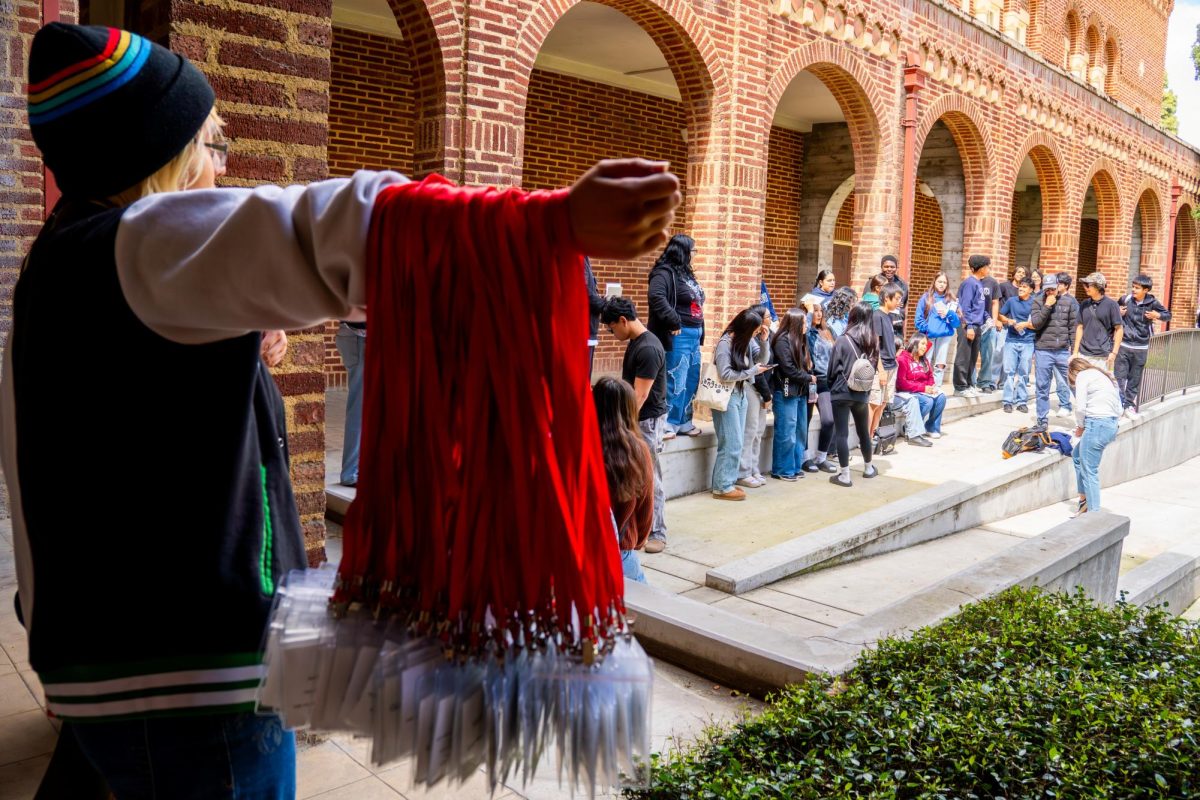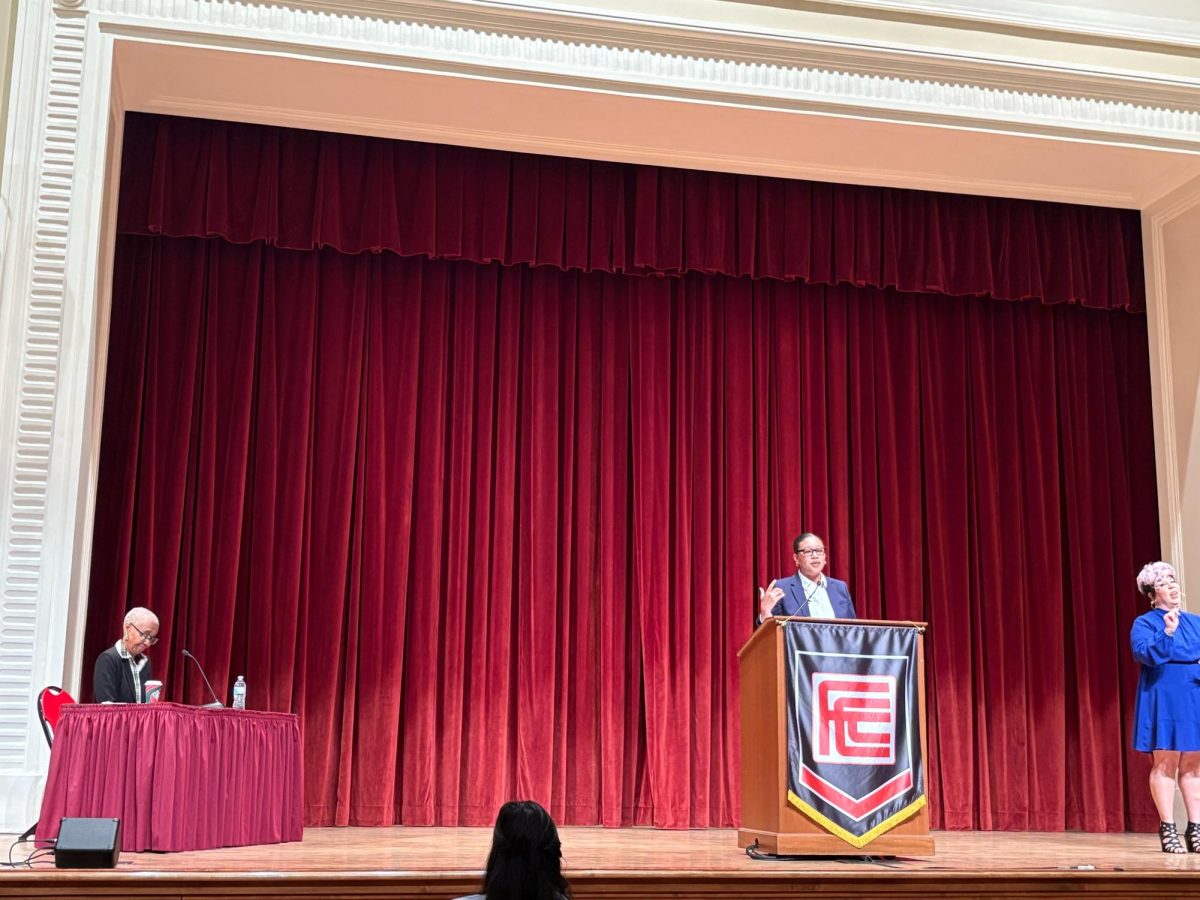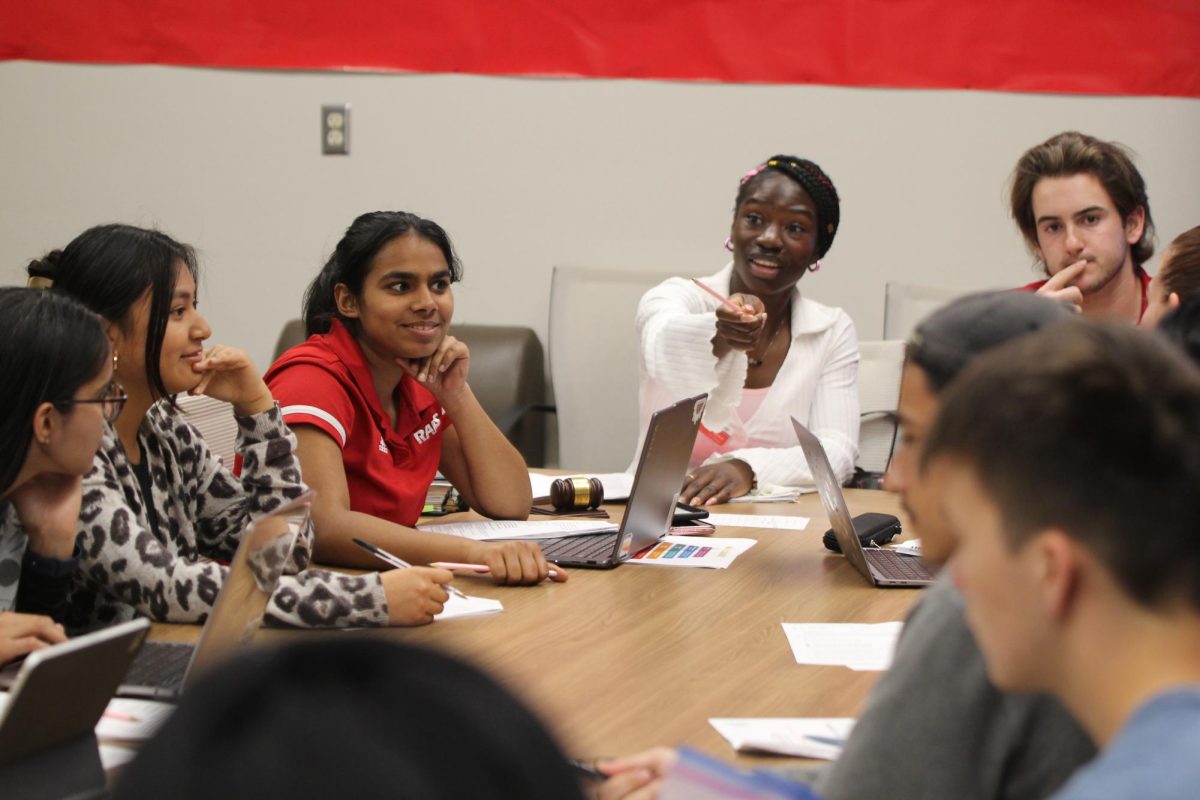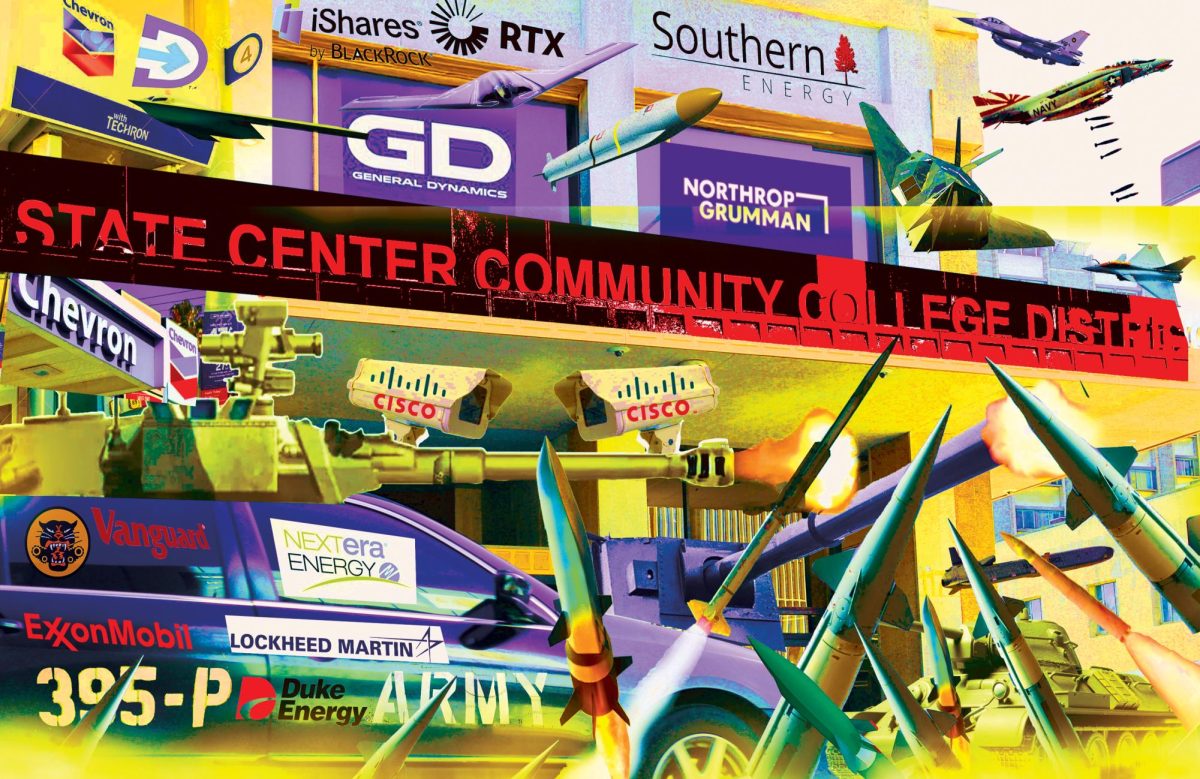With a new semester comes the perennial problem of parking on campus. Aside from the scramble to fill class schedules, students are facing a daunting challenge on a daily basis: finding parking on or near campus before classes start. School officials have made clear that the slim supply of parking spaces isn’t likely to expand any time soon, either.
Fresno City College’s parking problem is historical, multi-pronged and is rooted in the school’s current enrollment. With approximately 24,000 students attending classes part or full-time at a campus that is land-locked by residential and commercial developments, as described by district police and college administrators, the chances of expanding the campus to accommodate more parking spaces for students is unlikely in the short run.
“It’s a nightmare,” State Center Community College District police chief Joseph Callahan said describing Fresno City’s current parking situation.
In fact, the parking problem is so historical that it was highlighted on the front page of The Rampage’s first issue in 1949 when the school was located at O and Stanislaus streets.
Currently, Fresno City College has about 3,200 parking spaces, State Center Community College District Police Chief Joseph Callahan said. Callahan immediately added that, given the number of spaces, FCC is in need of additional parking but couldn’t expand, because the campus is “land-locked.”
The sentiment is echoed by the college’s interim president, Tony Cantu.
“We have grown for the last ten years but the facilities haven’t kept up,” Cantu said. “Where else would we go to build more parking? We would have to get rid of green space – a lot of it.”
Callahan also said that FCC students had worn out their welcome with the surrounding community because their parking causes problems for residents. Various neighborhoods within a one-block radius of the campus have special exemptions from the City of Fresno to restrict parking on the streets to only those with city-sanctioned parking permits.
Demand for parking spaces on campus has its own natural changes based on time of day, week, and even semester.
According to Cantu, the high demand of parking usually will dissipate after 2 p.m. or so. By 5 p.m., some reserved parking spots for staff are opened up to students attending night classes, alleviating some of the pressure to find parking, Callahan said. Cantu said the college understands the hourly change in demand and has shifted gears by scheduling more classes in the late afternoon to reduce the amount of demand for parking on campus in the early morning.
By the third week of a semester, the general lack of parking dissipates as instructors finish adding and dropping students and rosters finally solidify, Callahan said. By then, “the stragglers are gone,” and parking is more readily available across campus.
On a macro level, parking demand is even higher in the fall semester compared to the spring due to a new class of freshmen starting school, he said.
So what’s the solution? Build an above ground parking structure, Cantu said, but that when construction will start or be completed is still to be seen.
Cantu said that the campus is undergoing its master plan discussions to establish what steps the college should take in the long run to address the perpetual parking issues that plague students. The top item was building a multi-story parking structure that would be built above the parking lot adjacent to the railroad tracks and Blackstone Avenue. And construction would likely start as soon as there are funds to build it, Cantu said.
Funding is perhaps the prime reason why adjusting and improving FCC’s parking is such a hassle. The only source of funding for parking lot improvement and expansion is through parking pass revenue and some of the revenue from parking citations which feeds into the school’s parking fund. Interim Vice President of Administrative Services Janell Mendoza said the State of California will not provide funds to supplement parking lot construction or improvement.
When it comes to parking tickets, State Center Community College District only receives a fraction of the entire ticket price. Each ticket issued at any of the SCCCD campuses is processed by that county’s court system rather than the college district itself, meaning that the individual counties keep some of the ticket revenue to cover administrative costs and other state funds.
For each $16 ticket issued by SCCCD Police, the County of Fresno collects approximately $7.50 for the court house, court construction and trial court trust funds. That leaves the State Center Community College District with $8.50 per ticket.
In Madera County, similar funds also take money off of the full $16 ticket price. However, the amount left over for SCCCD is $11, $3.50 more than Fresno County.
Callahan said that all of the funds collected through parking passes and tickets go into repaving or repainting the parking lots in the district’s various campus sites.
While a new multi-story parking structure isn’t likely to be completed any time soon, Cantu said that FCC’s plateau in enrollment suggests that students in the State Center Community College District are attending classes at multiple campuses or avoiding FCC altogether. This phenomenon has led to the opening up of parking spaces in FCC’s lots more than in years past.






